Let’s admit it, the production of gasoline for automobile use is not good for the environment. Imagine the by-products that must be disposed of after every manufacturing cycle.
Not to mention the soaring prices of almost everything you can find in the market nowadays, including gasoline.
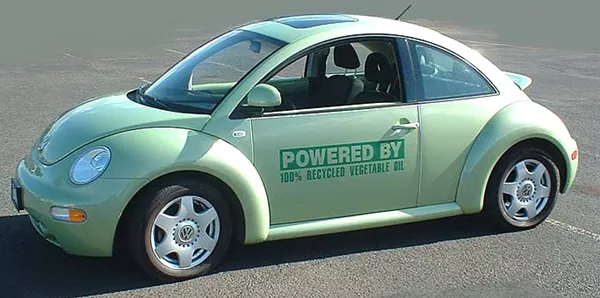
Let’s admit it, the production of gasoline for automobile use is not good for the environment
Budgeting help saves money. But some people think there are other ways to save themselves a few bucks amid soaring gasoline prices.
One of them is the probability of converting a vehicle’s engine to work with biodiesel or vegetable oil. If you’re also curious if this can be done with your car, keep on reading on Philkotse.com.
The concept of converting an engine
Getting your vehicle’s engine to run on vegetable oil or biodiesel can actually be a simpler process. Compare that to converting your engine to work with ethanol, and you have less work to do. In some cases, you may not even need to perform any conversion at all.
We’ve grown so accustomed to the use of petroleum diesel that the concept of biodiesel is somewhat intriguing for us. A lot of people think that the process is far too complicated or that it’s too impossible for the average guy. But it actually isn’t!
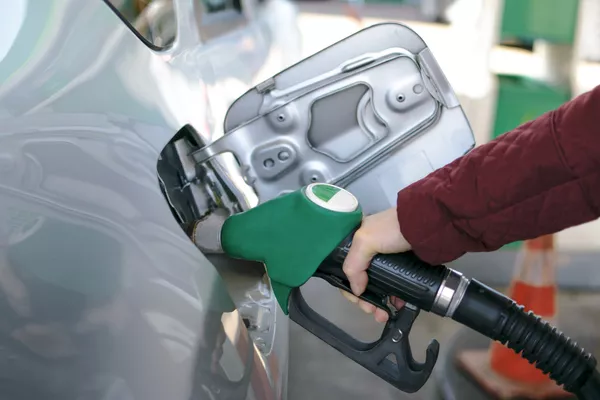
Getting your vehicle’s engine to run on vegetable oil or biodiesel can actually be a simpler process
One of the most tempting features of diesel engines is that it doesn’t need diesel fuel to run. That is because diesel engines were built to work using a variety of fuels. It was only a few years later that petroleum diesel actually started becoming the go-to choice for engines.
These days, biodiesel is becoming more and more common in modern automobiles. People are also exploring other fuel alternatives. One of the most used today is vegetable oil, which is used in diesel engines.
>>> More to read: There is more to know about 8 common car's alternative fuels
Precautionary advice about the use of biodiesel
There are lots of cases where the use of vegetable oil and biodiesel are beneficial to the vehicle owner. But this does not apply to every single vehicle out there.
For example, homemade fuel may not be as thoroughly manufactured as a commercial fuel. The former could have foreign contaminants.
These could clog the injectors in modern diesel engines and lead to substantially large repair costs. If your vehicle is still under warranty, a clogged injector due to homemade fuel could void its validity.

Biodiesel and vegetable oil could clog the injectors in modern diesel engines and lead to substantially large repair costs
What is the difference between cooking oil, biodiesel, and diesel?
So, we already know that diesel engines can run on various fuels other than regular diesel. The top three common options that people use as a substitute are biodiesel, petroleum, and vegetable oil.
The biodiesel used can be made from either animal or plant products. Animal fat is also a good choice aside from vegetable oil. For a more thorough understanding of their differences, take a look at the comparison below:
Biodiesel
Biodiesel is unlike the regular diesel, you know. This is made from environment-friendly plant oils and renewable sources like animal fat. If the situation is ideal, biodiesel will work as good as petroleum diesel. It also requires minimal to no conversion process at all.
The main drawback is that biodiesel, especially if it’s pure, doesn’t go great with cold weather. This is why biodiesel is often combined with conventional diesel. Aside from the threats of the cold weather, biodiesel can also cause other problems in some engines.
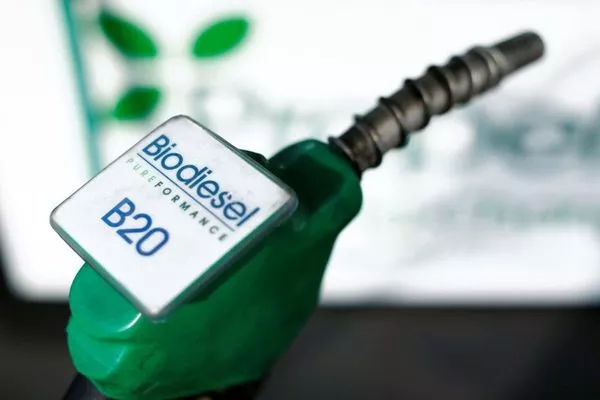
Biodiesel is made from environment-friendly plant oils and renewable sources like animal fat
>>> FYI: A Closer Look Into Biodiesel: 9 Essential Things To Know
Petrodiesel or diesel
This is the type of fuel that’s commercially available worldwide. You can find it in almost every gas-refilling station. It’s also what modern vehicle engines use to work. Petrodiesel or diesel, and gasoline are both petroleum products and are both fossil fuels.
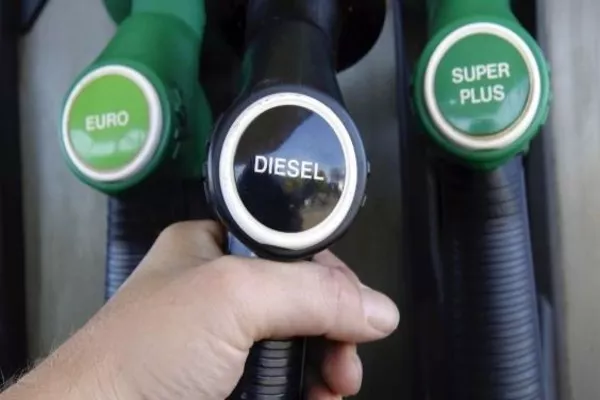
Petrodiesel and diesel is the type of fuel that’s commercially available worldwide
>>> Make sure you know:
- Pros & cons of buying diesel vs gasoline cars in the Philippines
- Brief comparison: Diesel engine vs gasoline engine in the Philippines
Waste vegetable oil and straight vegetable oil
These are exactly what you think once you hear the name. Straight vegetable oil is new and unused vegetable oil. Waste vegetable oils are those that can be collected from restaurants.
You can run a diesel engine using fresh cooking oil that you just bought from the store. It’s a more common option in most parts of the world where the concept of WVO and SVO is prevalent.
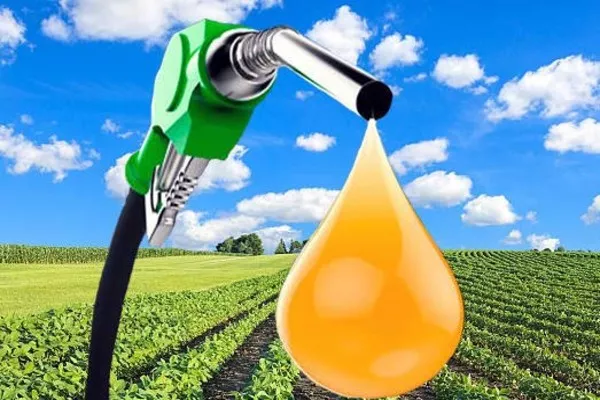
Straight vegetable oil is a new and unused vegetable oil
It’s also more cost-effective, even if in the Philippines. The Philippines already has problems with waste management and gathering used oil from fast-food establishments and restaurants will lessen that supposed waste.
The oil, however, needs to be fully trained before it’s used as regular fuel. You may also be required to perform a few modifications with the collected oil if you plan to use it on the diesel engines of today.
>>> Recommended article: Top 5 best modifications for your car - Can you guess?
How can I convert my engine to work on biodiesel?
You usually won’t require any type of conversion if you want your vehicle to run on biodiesel rather than the conventional diesel. Mixtures with a range of B5 and has 5 percent biodiesel are usually a common choice in some countries, while some go for mixtures ranging from B100 with 100% biodiesel.
The biggest factor that you need to be aware of when it comes to converting your engine consumption to biodiesel is the fact that it contains traces of methanol.
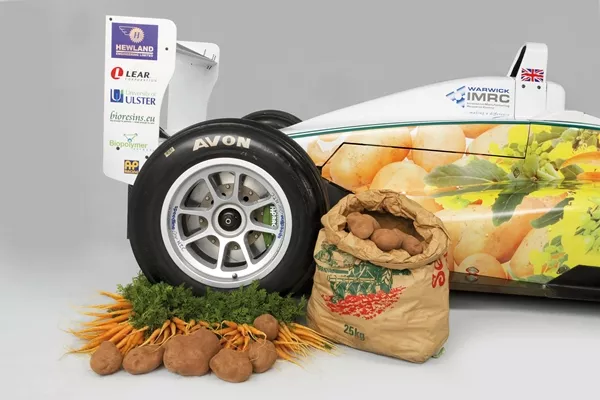
This is a type of solvent that’s capable of destroying seals and rubber hoses
This is a type of solvent that’s capable of destroying seals and rubber hoses. So, before you switch to completely using biodiesel, perform precautionary measures first.
Replace the rubber components and seals with materials that will be able to withstand the effects of methanol. This way, the vital parts in your vehicle won’t fall apart; the longer you use alternative fuel.
>>> Put in mind: Engine protection: 5 engine parts you need keep close eyes on
How can I convert my engine to work on cooking oil?
The easiest way to transform your vehicle into a cooking oil-dependent machine is by buying a dedicated kit. This kit should be made specifically for your vehicle.
However, there are still a few concerns you need to think about. First off, cooking oil can get crazy thick in cold temperatures. It also has a lot of particles and impurities.
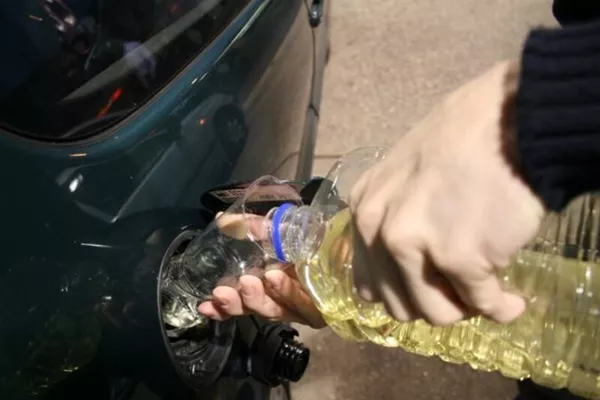
How can I convert my engine to work on cooking oil?
>>> Also check: Top 10 improvements in car engine design
The third problem is that these kits may not be entirely available in the Philippines just yet. However, there are online shops that offer the kit overseas, but these are usually expensive.
Typical kits come with fuel lines, valves, heaters, filters, a fuel tank, and other necessary components.
Recent posts
- Top 10 Most Fuel Efficient Cars in the Philippines Feb 24, 2023
- What to do when you filled up your car with the wrong fuel! Jan 21, 2020
- Wonder yourself: Is it OK to mix two different fuel brands? Oct 13, 2020
- Which car can run for another 50-70 kilometers even if the fuel is shown empty? Oct 08, 2019
- 6 most fuel-efficient diesel cars in the Philippines Sep 22, 2021












